
Anemia often leaves patients feeling tired all the time, and without any energy. It is also associated with pale skin, nails, and lips. Did you know that anemia can also be responsible for shortness of breath or wheeziness? Dizziness, headaches, nausea and heart palpitations are also signs of anemia. Of course, many of these can be normal pregnancy symptoms that are unrelated to anemia. That is why blood tests are carried out as a routine part of pregnant women's prenatal care, so that you can know what is really going on with your body. Now for the cures. Eating foods rich in iron and folate, such as green leafy vegetables, broccoli, Brussels sprouts, leeks, dried fruits such as figs, and eggs. Excellent food sources of folate (which is called folic acid when produced artificially) include mushrooms, asparagus and, once again, broccoli.
Foods that block iron absorption should be avoided. On the list of those foods, rich in oxalic acid, are tomatoes, spinach, and chocolate. Caffeine also negatively impacts iron absorption. See our article "Drinking coffee while you are pregnant is it OK?" for more information about this. If a change in your diet does not help, an iron supplement should do the trick.


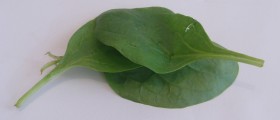




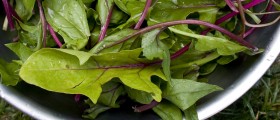
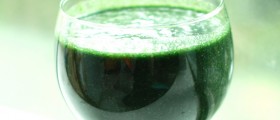
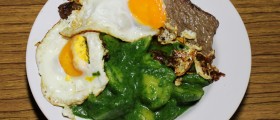


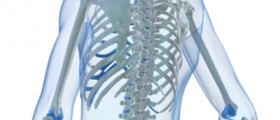




Your thoughts on this
Loading...